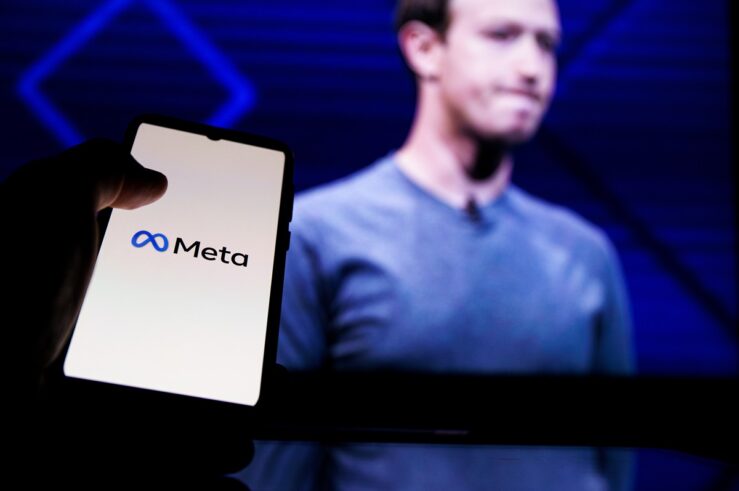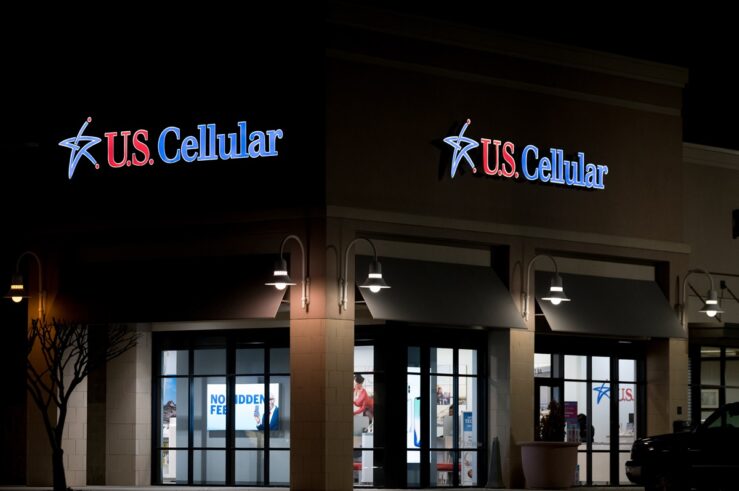So Facebook finally had its public offering. But it didn’t look like your father’s IPO. Instead, Facebook sold $500 million in stock to one person. The stock will be held by a single special purpose vehicle so Facebook avoids going over the 500-investor-limit for avoiding the disclosure obligations of a public company. Wealthy investors get to trade interests in that interest. Facebook gets that cash (plus an expectation of another $1.5 billion in stock sales) for growth, a $50 billion market valuation (of which 14 billion belongs to Zuckerberg), stock it can use for acquisitions and hiring — many of the goodies post-IPO companies get.
According to Steve Davidoff, this won’t work if Facebook is deliberately circumventing the securities laws, and “Goldman’s planned special purpose vehicle and any other vehicles formed certainly appear to be cutting it close.” Facebook therefore may have to start reporting anyway, but not until May 2012, by which time it may be ready to go public, which it may want to do anyway. The tactic at least enables Facebook to delay an IPO for as long as possible.
Per the VC partner Ben Horowitz, quoted in the WSJ,
the incentive for going public has lowered and the penalty for going public has increased. . . [T]he regulatory environment and the rise of hedge funds has made it “dangerous” for start-ups go to public without a large cushion of cash. In general, we recommend that our companies be very careful about going public.
Meanwhile, Dealbook reports the establishment of another trading system for private firms.
Another Dealbook story adds that “[l]ots of people would stand in line to buy shares in Facebook, but for now, only an exclusive few — wealthy clients of Goldman Sachs — will be able to.”
“This is a topsy-turvy world,” said Scott Dettmer, a founding partner of Gunderson Dettmer, a law firm that has advised venture capitalists, start-ups and entrepreneurs since the 1980s. He added that even a few years ago, “there were all sorts of business reasons to go public, but for entrepreneurs it was also a badge of honor.”
But now, private market alternatives
have become more attractive for companies, in part because of the increased regulations imposed on public companies but also because of the rise in short-term trading, which leaves some executives feeling they have lost control of their companies. * * *
Ben Horowitz, a partner with Andreessen Horowitz, a venture capital firm, said the cost of being a public company had risen to about $5 million a year, from about $1 million a year. Mr. Horowitz, an early employee of Netscape, said that such costs would have eaten into the meager profits of the pioneering Internet company when it went public in 1995. Additionally, accounting and legal requirements have become distractions for many start-ups, said Mr. Horowitz, whose firm is an investor in Facebook.
So it seems the increased costs of being public have helped exclude ordinary people from the ability to own the stars of the future. Back in the 1980s, you could just call your broker and get rich off of the Microsoft IPO. Now you have to be a wealthy Goldman client to do it. Of course you also got to get poor off of a company that turned out to be a dog. Now both options are reserved for wealthy people in the name of increasingly onerous disclosure regulation and federal governance requirements such as board structure, proxy access, and whistleblowing rules.
Each of these rules was thought to have some benefit at the time they were enacted. Nobody really considered how private markets would react (e.g., by establishing alternatives to public markets) or the long-run effects of substituting quasi-private for public markets. So rules designed to make the markets safe for ordinary investors have ended by excluding them.
Maybe it’s time to start considering whether we got what we wanted.




